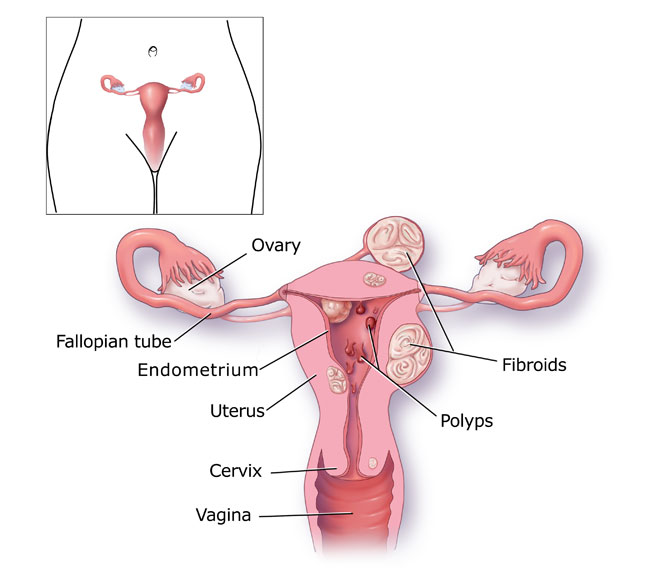On average, we lose about 6-8 teaspoons (35ml), or about half an eggcup, over the course of a period. Some women lose more and others less, but this figure acts as a benchmark for an average woman in an average cycle.
Are your periods heavy?
The easiest way to gauge whether your periods are unusually heavy is to work out how often you are changing whatever form of protection you are using. For example, if you have to change your tampon or pad every hour or sooner, or if you frequently leak in the night, chances are your periods are abnormally heavy.
For some women, symptoms are so extreme that they will actually flood to the point of haemorrhaging. I have had women describe flooding through their clothes and all over the car seat while driving. The blood may also contain clots that look like pieces of liver, which can be alarming. Some women have said that their flow has become so unpredictable and intense that they cannot stray far from a toilet. Many women reach the point where their lives are being planned around their periods.
When your period begins to affect the quality of your life and your ability to work, it's undoubtedly something that must be addressed.
Are there other symptoms?
Depending upon the cause of the heavy periods (also called menorrhagia), you may experience cramping or other symptoms. Heavy periods that cannot be medically explained often have no other symptoms.
What is menorrhagia?
Menorrhagia is the medical name for heavy periods. The amount of blood that is lost during a woman's period varies from person to person, with some women experiencing more blood loss than others. Menorrhagia can occur by itself or in combination with other symptoms, such as menstrual pain (dysmenorrhoea).
How much is heavy bleeding?
The amount of blood that is lost during a woman's period can vary considerably for each woman, so it is difficult to define exactly what a heavy period is.
In research, heavy menstrual bleeding is considered to be 60-80ml (millilitres) or more per cycle (the average amount of blood lost is 30-40ml, and 90% of women lose less than 80ml). However, in reality, it is difficult to quantify objectively what heavy blood loss is, and most women have a good idea about how much bleeding is normal for them during their period, and can tell when this amount increases or decreases.
Why do some women have heavy and long menstrual flows?
The causes of prolonged and heavy bleeding are given below.
- Dysfunctional uterine bleeding
- Fibroids.
- Endometriosis
- Polycystic ovary syndrome
- Hypothyroidism
- Pelvic infections
- Cancer ( very rare)

In younger women heavy periods are most often due to a temporary hormone imbalance, which eventually corrects itself.
In the years close to the menopause, (45 years of age onwards) heavy periods are usually a sign of hormone imbalance. However, the possibility of heavy periods being caused by an underlying disease increases with age.